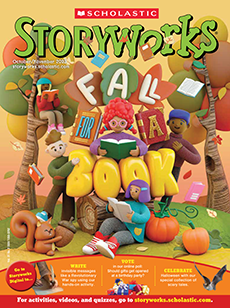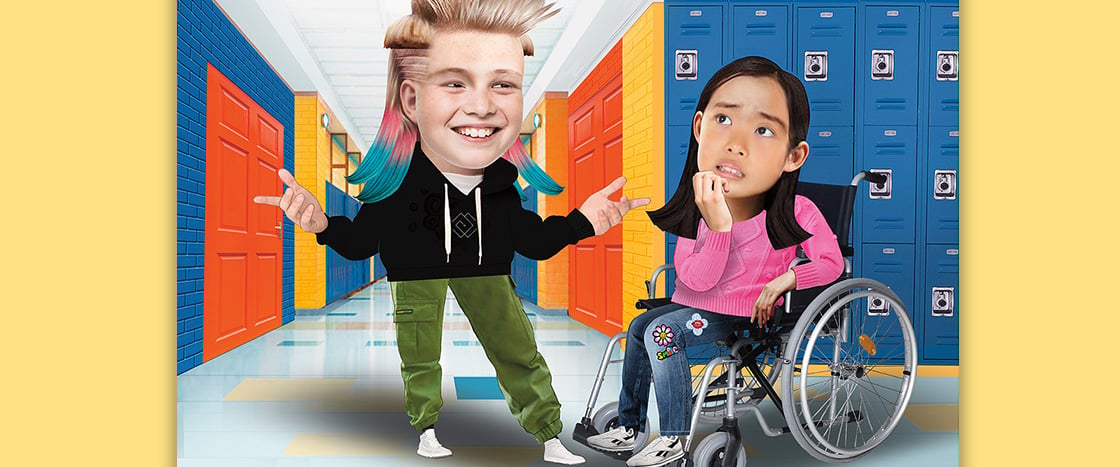Your friend Ben shows up at school with a new haircut. It is not a good haircut. In fact, it looks like Ben’s little sister cut his hair. While wearing a blindfold.
“What do you think?” Ben asks, looking you right in the eyes.
Your heart races. Your mind swirls. It’s clear Ben feels nervous about his look. And you don’t want to hurt his feelings. You should just tell him he looks great, right?
But wait. Wouldn’t that be lying? And isn’t lying wrong? Or are some kinds of lies OK?
Your friend Ben shows up at school with a new haircut. It is not a good haircut. It looks like Ben’s little sister cut his hair.
“What do you think?” Ben asks, looking right at you.
You don’t know what to say. It’s clear Ben feels nervous about his look. And you don’t want to hurt his feelings. You should just tell him he looks great, right?
But wait. Wouldn’t that be lying? And isn’t lying wrong? Or are some kinds of lies OK?

